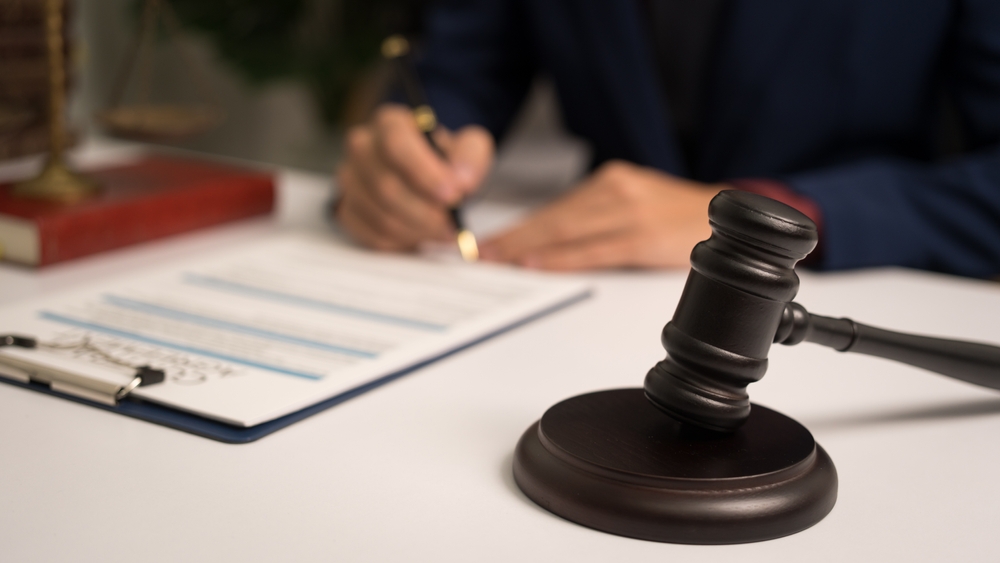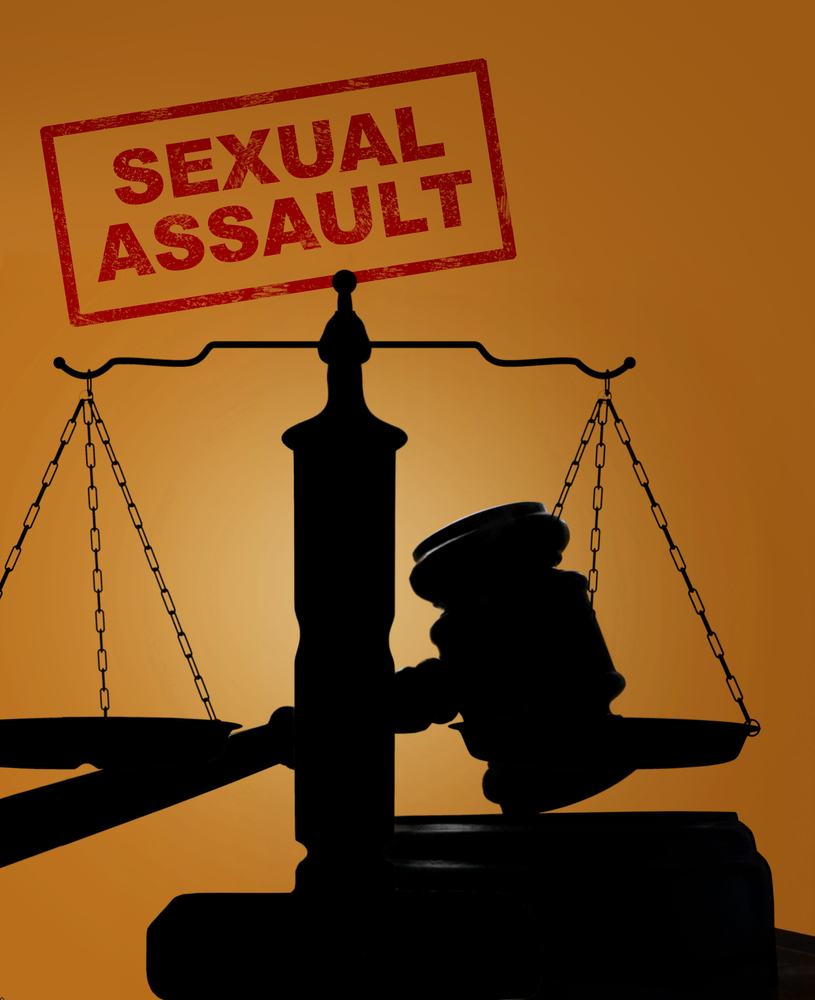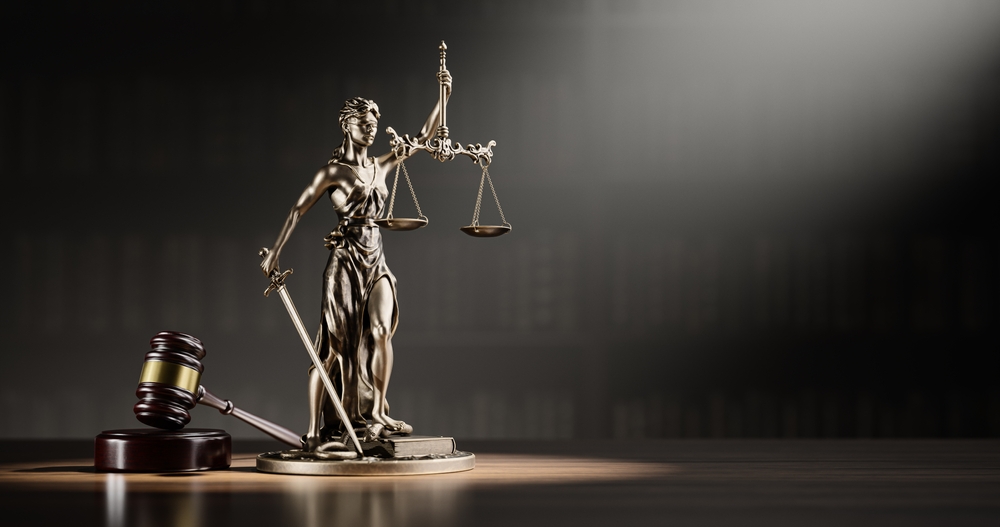Facing firearm offences in Canada is a serious matter that carries the potential for life-altering consequences for those convicted. In certain cases, however, those accused may be victims of unfair circumstances created by the actions of law enforcement, commonly referred to as entrapment. Those who can prove that evidence levied against them was obtained illegally or even fabricated deserve to have their rights fairly and justly represented.
At Vayeghan Litigation, we know just how threatening matters of entrapment can be for those facing criminal charges. If you believe your actions were influenced by police interference, it’s crucial to know how, or if, entrapment may apply to your case. Below, we’ll explore entrapment issues further. Read on to learn more.
What Is Entrapment?
Entrapment is a defence in criminal law that argues that the accused only committed a crime due to the influence or inducement of law enforcement. The principle behind the defence suggests that it is unjust for the authorities to pressure someone into breaking the law, especially when it cannot be proven that they had the intent or desire to do so without intervention.
In firearm-related cases, entrapment may occur when law enforcement conducts undercover operations designed to entice or pressure an individual into purchasing, possessing, or unlawfully using an illegal firearm. The defense could argue that the accused would not have engaged in the alleged conduct if not for the deliberate creation of those specific circumstances by the police or other authorities.Key Elements of Entrapment Firearm Cases
Entrapment is a complex defence strategy to pursue, and requires careful execution by experienced criminal defence lawyers. To successfully claim that the accused was entrapped, there must be certain proven elements including:
Lack of Initial Criminal Intent
The defending counsel must show that their client did have any pre-existing intent to commit a firearm-related crime. If the defendant was already inclined to possess or use a firearm illegally, it is significantly harder to prove that they were entrapped.
Inducement by Law Enforcement
The crux of an entrapment defence is proving that law enforcement officers induced or persuaded the accused to commit the crime in a manner that goes beyond merely providing an opportunity. Methods of inducement may include coercion, excessive persuasion, or deceitful tactics. For example, if someone is being pressured to buy or use a firearm with no prior history of ownership or usage, this may form the basis for entrapment.
Police Conduct
The behaviour of law enforcement is another key factor that influences whether or not a defence claim of entrapment is viable. The courts analyze police tactics to look for evidence that officers involved directly influenced the resulting actions by examining factors like:
Aggressive Conduct
Were police overly aggressive in encouraging or facilitating the crime via threats, deceit or manipulation?
Vulnerability of the Accused
There are certain factors, such as personal circumstances or the accused’s mental state that may make someone more vulnerable to committing a crime. With that being said, it’s imperative to understand that it’s not enough to prove that police provided an opportunity for a crime to be committed. It must be proven that the crime would not have happened without that opportunity being presented.
How Entrapment Affects Criminal Offences
The stakes are high in cases involving serious charges, such as those involving firearms. Firearm offences, in particular, can carry severe legal penalties in Canada, including lengthy prison sentences, heavy fines, and restrictions on future firearm ownership. A successful entrapment defence can result in dropped charges and, in some cases, even a complete acquittal.
Entrapment cases are highly complex and require a deep understanding of both criminal law and law enforcement practices. At Vayeghan Litigation, our founder, Mo Vayeghan, brings his previous experience as a BC Crown Prosecutor and his Ivy League education from Columbia University to each case to form the most comprehensive and strategic defence possible.
If you believe entrapment played a role in your case, we’re here to help. If you’ve been convicted of a criminal charge in Vancouver, Vayeghan Litigation ensures your voice is heard and your rights are protected.
CALL US NOW FOR A FREE CONSULTATION
CONTACT US NOW at 778-653-3995 or email us at law@mvlitigation.com to receive a free initial consultation today.
More questions? View our FAQs here.



